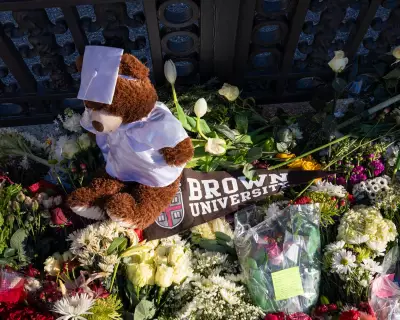
A secondary school in Derby has been plunged into controversy after revelations emerged about its highly questionable approach to teaching about extremism. The Department for Education has launched an urgent investigation into Alvaston Moor Academy following disturbing reports about classroom activities that have left parents and educational experts deeply concerned.
Nazi Role-Playing and Propaganda Posters
According to multiple sources, students at the Reform UK-linked school were instructed to participate in deeply inappropriate exercises, including simulating Nazi rallies and creating propaganda posters. One particularly alarming activity involved pupils being told to march around their classroom while giving Nazi salutes.
The school's approach to teaching about sensitive historical topics has been described as "dangerous" and "completely inappropriate" by educational professionals who fear it could normalise extremist ideologies rather than educate students about their dangers.
Parental Outrage and Government Response
Parents have expressed shock and anger upon learning about the nature of these lessons. One parent told reporters they were "horrified" that their child had been exposed to such teaching methods, while others have questioned the school's judgment in implementing these controversial techniques.
The Department for Education has confirmed it is taking these reports "extremely seriously" and has initiated a formal investigation into the matter. A spokesperson stated that all schools have a responsibility to ensure their teaching methods are appropriate and do not inadvertently promote the very ideologies they're meant to be educating against.
School's Defence and Reform UK Connection
Alvaston Moor Academy, which has connections to Reform UK through its leadership, has defended its approach, claiming the activities were part of a broader curriculum designed to help students understand the dangers of extremism. However, critics argue that the methods employed crossed ethical boundaries and failed to provide proper historical context.
Educational experts have emphasised that while teaching about difficult historical periods is essential, it must be done with sensitivity, proper context, and age-appropriate methods that don't risk glorifying or normalising extremist behaviour.
Broader Implications for Education
This incident raises important questions about how schools approach the teaching of sensitive historical topics and extremism. It comes at a time when educational institutions are increasingly focused on preventing radicalisation while ensuring students understand the historical context of political extremism.
The outcome of the government investigation is likely to have implications for teaching guidelines across the country, particularly regarding how schools address controversial historical and political topics in the classroom.





